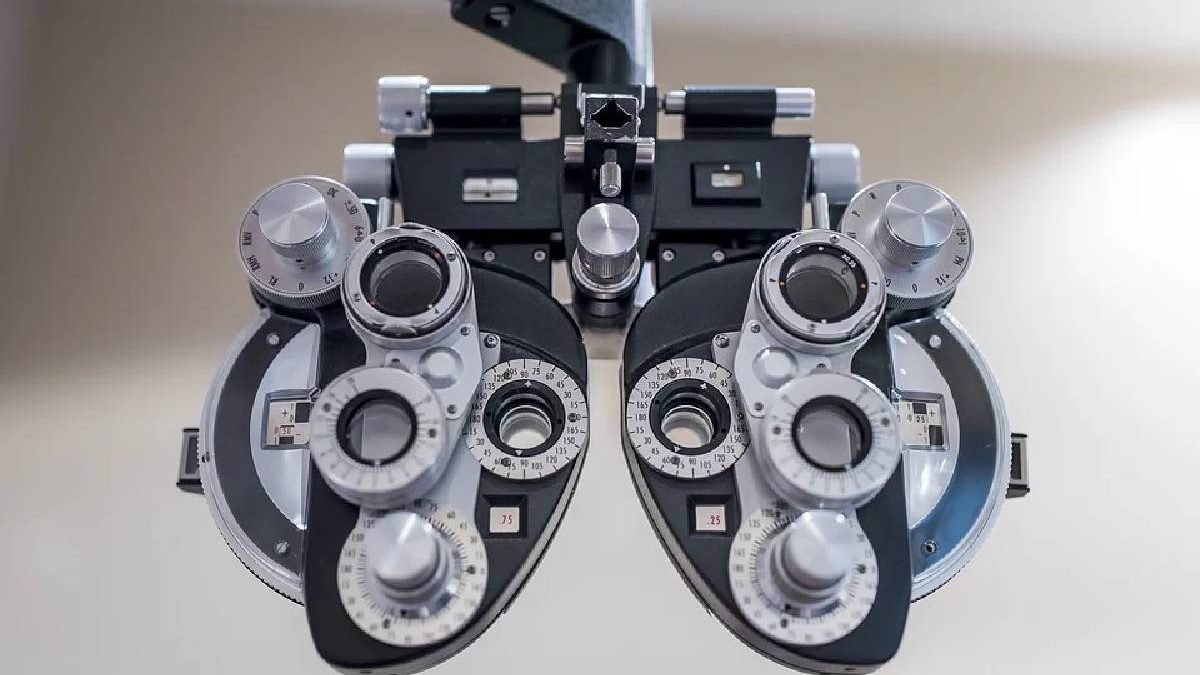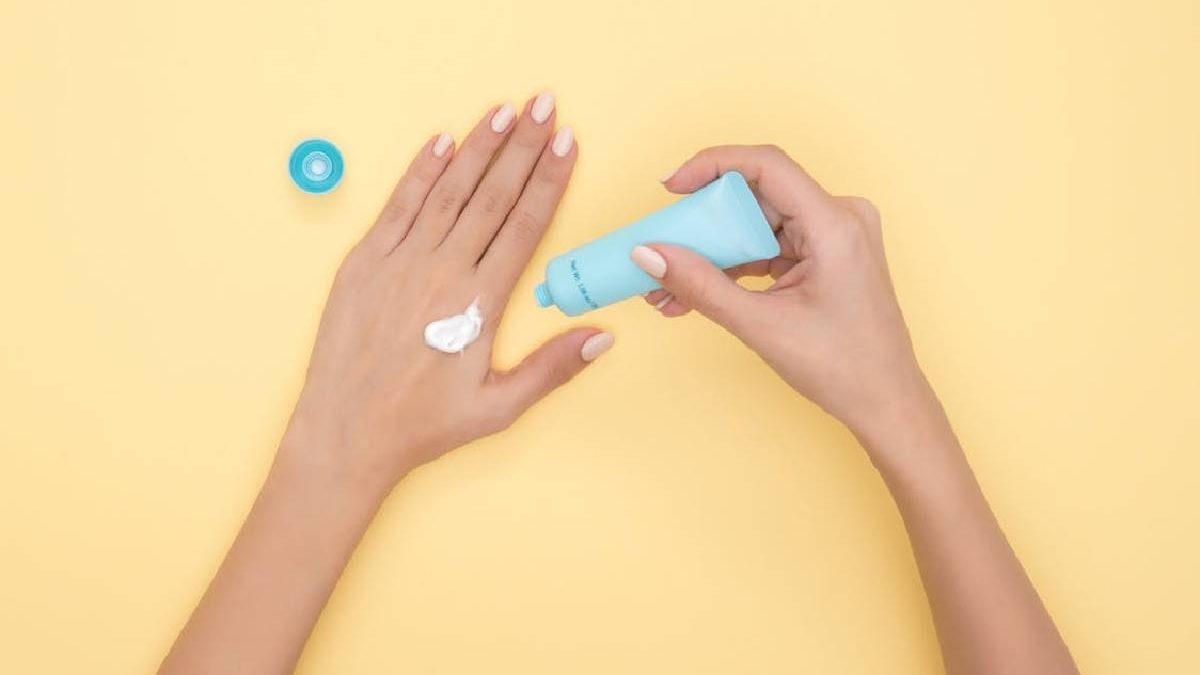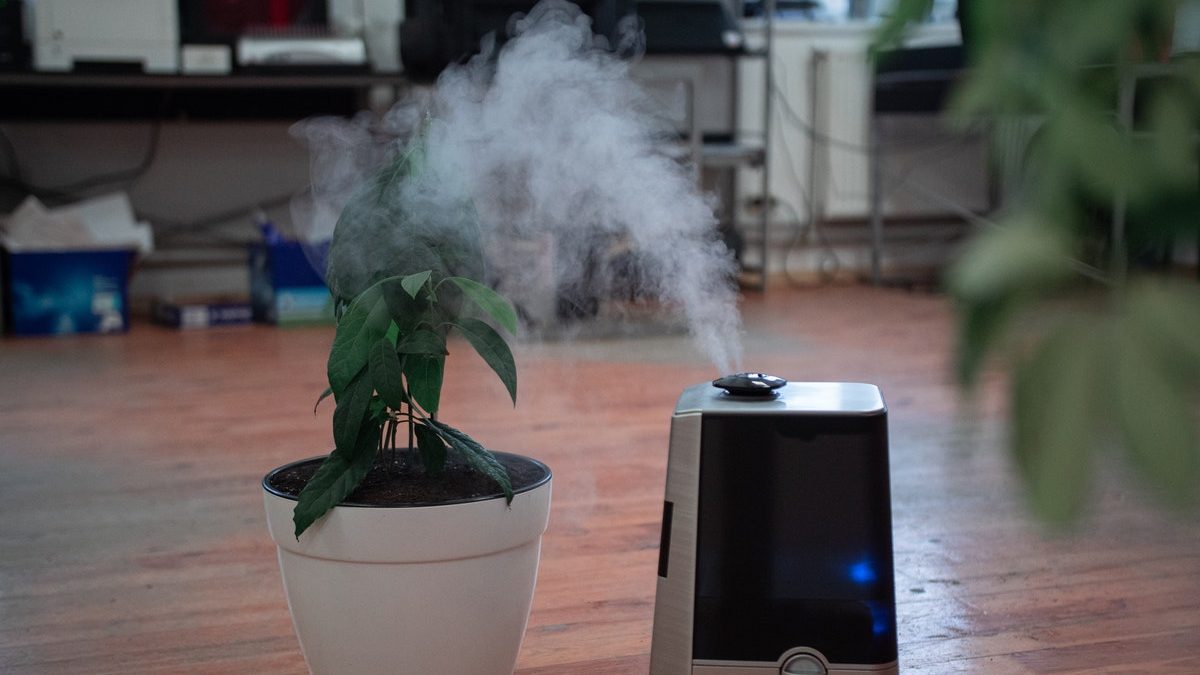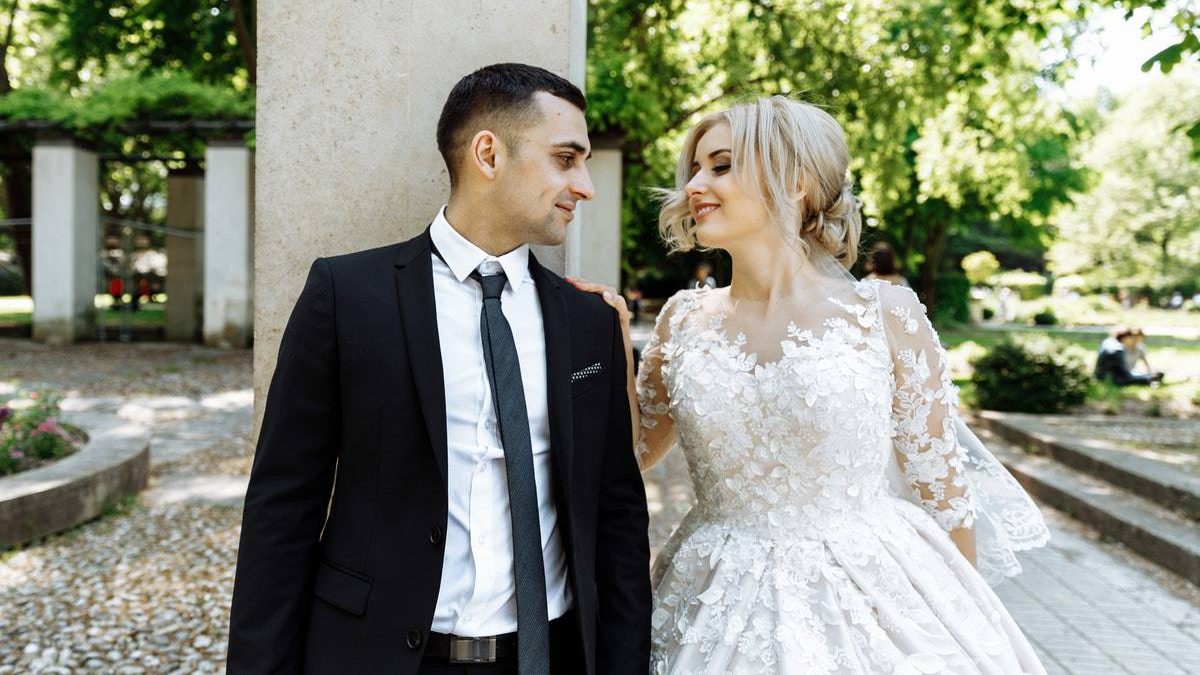
Most people associate forgetfulness with old age. However, there is a disease that primarily targets seniors over 65. Dementia, also known as old age disease or dementia, causes brain changes that lead to mild memory loss. In its later stages patients may be unable to communicate or recognize what is happening around them.
Dementia is a disease that has no cure. However, research shows that music therapy and early detection may be able to offer some hope for patients. According to the Alzheimer’s Association women are more likely to be diagnosed with dementia.
Music can help you better connect with a loved-one who is living with Dementia. The reality of daily forgetfulness will not.
As there is no cure for this illness, it’s important to focus on improving the health and quality of life of a loved one. Music for Dementia has many benefits, especially in the erratic stages. It improves their focus, and they are able to connect better with loved ones.
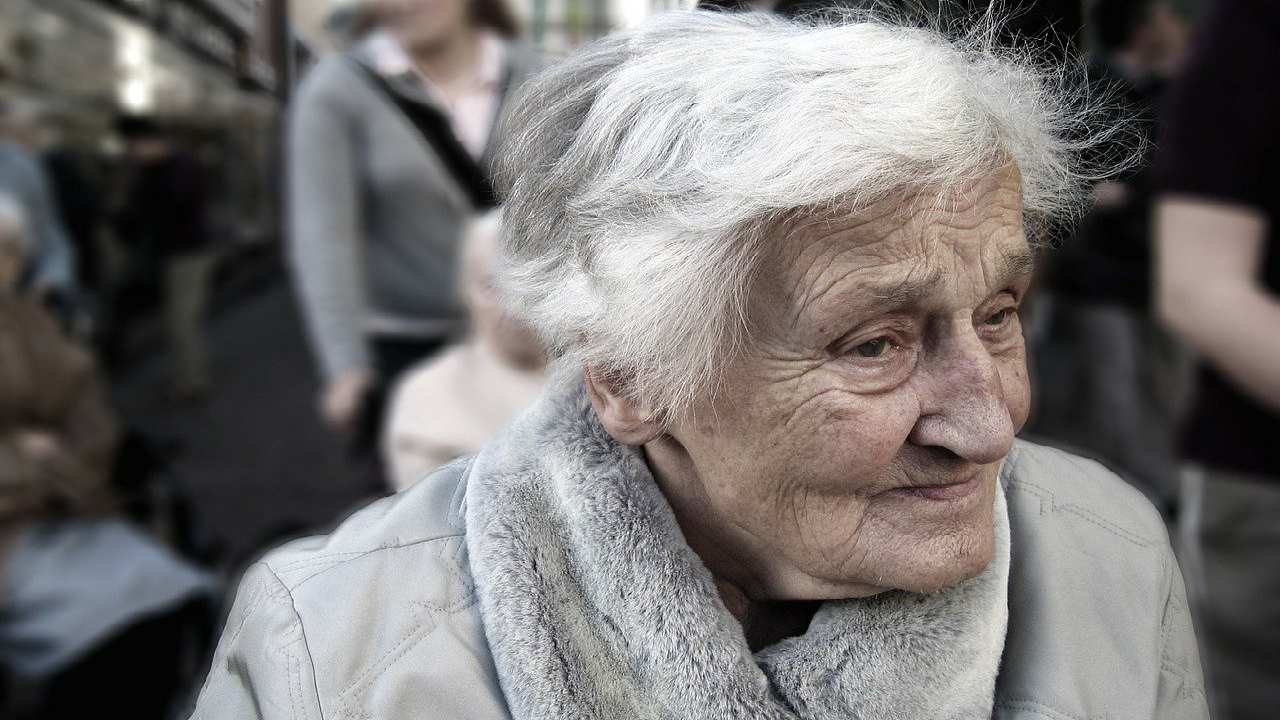
Music can help you in many ways
Music can be a source of comfort and other benefits for patients at different stages of illness. It is most evident when patients are completely disconnected and unable to communicate with loved ones.
You can observe a shift in behavior when you play music that an individual loved to listen to. The patient might get up and notice the change in their environment. The patient may sing, clap, or dance along to the music. The brain’s rhythmic process causes an immediate response and orders the body to move in time with the music.
Researchers Find Signs of Music Responsiveness
Researchers from the Davis Campus of California University have discovered that music stimulates a part of the brain. The stimulation of the brain also stimulates other senses, such as those affecting mood, speech, touch and sound. Researchers found a brain area that stores memories by linking familiar music and emotions associated with them. A song will only evoke strong emotions when the patient has a memory of that song based on an emotional connection. The song may bring back happy memories. If the song brings back good memories, the patient may feel happy.
You may find that they react with mixed emotions if you play a song which triggers bad memories such as the loss of a loved-one or the breakup of a relationship. This could affect their mood, cause them to be agitated, or even project sad facial expressions.
Early Stage Music
In the beginning, patients might enjoy singing or playing their favorite songs. Encourage them to choose their favorite old songs and play them whenever they wish to listen to music. Encouragement helps patients cope better with Dementia. They feel more alive and appreciated when they are around loved ones. Music players for dementia can make a playlist with the patient’s favourite songs. They can be from their youth. Encourage those who prefer spiritual songs.
Music for Mid-Stage
Patients in the middle stage may decide to play the piano, or any other instrument they used to play in their youth. Encourage them to continue playing in order to maintain their senses and to live better with Dementia. This can also help to improve their memory. Encourage them if, on the other hand, they are frustrated when they forget a note or get out of tune.
Music may help patients with Alzheimer’s sleep better in the middle stage. The music triggers a hormone that regulates sleep cycles in patients. This is a huge benefit to patients’ sleep patterns and improves their overall health.
Music Late Stage
Music can help patients connect with family members or trigger emotional responses in the later stages. The recordings that were made during the early stages of illness are enjoyed by patients. They can calm down when they are feeling restless or uncomfortable during the last stages of their illness.
Music can help patients walk more confidently and calm their nerves as the disease advances. Music has been proven to be an excellent motivator for advanced patients. Having dementia music players is a big plus. It is a great way to relax and comfort patients. It also exudes a positive aura and happiness to patients.


